9 visuals to help you cultivate a growth mindset
Plus a few bonus images to help you lose your fixed mindset too
The mindset you choose shapes your world.
A fixed mindset will limit your opportunities and growth, but a growth mindset will lead to a better and happier life despite challenges. But how do you adopt the right one?
In this article, I have 9 ideas, shown in visuals, that will help you cultivate a growth mindset (plus a couple of bonus images too).
The key difference between a growth and a fixed mindset
A fixed mindset is one that views knowledge as static — there are things you know or can do, and there are things you can't. In contrast, a growth mindset believes that we can constantly learn and grow through hard work, persistence and openness to change.
The key difference is that people with a growth mindset can constantly learn and grow viewing challenges as opportunities. While people with a fixed mindset avoid challenges and stick to familiar situations.
With that in mind, here are some ways to help you adopt a growth mindset.
P.S. Check out Mindset by Carol Dweck for THE book on growth and fixed Mindsets.
1. View criticism as a gift
Criticism hurts.
It attacks our sense of identity. It's no wonder most of us avoid criticism as much as possible. But it doesn't have to be that way.
We can choose to view criticism (even unjust criticism) as a gift because
Even when it's mean, there may be some truth
We gain perspectives we couldn't see otherwise
We can learn from feedback
Early feedback can prevent bigger mistakes
We will always be criticised when we fight for something important
It's not easy, but by gaining quick feedback in low-stakes situations we can grow and avoid big mistakes.
Action: ask someone you respect for feedback on your work this week.
2. Learn from your failures
No one is an instant expert. When practising a new skill or trying something for the first time, you're going to make mistakes. And yet, most of us expect (or hope) to be instant masters.
Under this mindset, failure is an attack on us and means "we can't do it" or "aren't good enough".
But we can view failure as a teacher — especially when we start.
After all, when we start we don't even know what we don't know yet. Failing is a great way to find those areas of unknown incompetence and turn them into known incompetencies. From there, we can actually work out how to improve, but we can't do it without starting.
Action: Next time something doesn't work, write down a hypothesis why and what you can do differently next time.
3. Be inspired not envious
When you see others' success, you have two options.
You can envy them, blame bad luck, and feel worse.
You can be inspired by them, look at what they did well, and feel better.
A fixed mindset will focus on their natural talent or good luck but does nothing different. A growth mindset seeks to understand and learn while being confident that if they could do it, so can you.
While talent and luck can be factors effort and persistence can help you build your skills and create your own good fortune.
Action: Find someone who is better at something you do. Send them a message of praise. Try finding a podcast interview where they share how they achieved their success.
4. Challenge your limiting beliefs
A limiting belief is something we believe about ourselves or the world that holds us back. For example...
I'm bad with money
I'm not skilled enough
The most successful people start when they are young
You need to have millions of VC funding to run a startup
Or one of millions of other ideas.
Many of these ideas are self-reinforcing.
If we, and others, believe they are true, we don't attempt any other approach or we do the same negative actions that lead to those thoughts. Only by challenging and changing those beliefs can we break free.
It isn't easy, but it is vital.
Action: Write a list of your major beliefs (think of sayings you think are true), reflect — does this stop me from doing something I'd like?
5. Celebrate small wins
If you are seeking challenges, you need to celebrate small wins too.
Making mistakes, facing setbacks and waiting to see the results are more common when we step outside our comfort zones. To stay motivated, we need to recognise our success along the way.
It's a good idea to focus on lead measures, not lag measures as these help us gain internal motivation from the process, not the outcome.
Action: identify a small goal you can achieve this week. Promise yourself a reward if you achieve it and go for it! (Good luck!)
6. View becoming as better than being
Would you rather be great, or be improving?
They don't have to be contradictory of course — you can be great and still improve — but if you focus on being not becoming, you've adopted a fixed mindset. Instead of looking for new ways to improve, you're looking to keep your current state.
The trouble is, that almost inevitably leads to decline. Even when it doesn't, it means you'll miss new opportunities either in this area of life, or another.
Action: pick up a new skill or learn a completely different approach to an existing skill.
7. Cultivate curiosity
Curiosity is the engine of a growth mindset.
While a fixed mindset says "I know" and sticks to well-worn paths, a growth mindset is free to explore new possibilities. It's the kind of mindset that asks questions before giving advice, not just because the other person is more likely to listen, but so they can learn from the novice with a novel idea.
Action: Try asking "What if" questions about something you know to be true. Imagine an alternative world where it’s not true.
8. See challenges as opportunities
A fixed mindset sees challenges as problems to be avoided.
A growth mindset sees challenges as an opportunity to build new skills and grow. This makes all the difference. When we stick to the familiar, we don't build our skills and can even atrophy. But too much challenge can be negative too.
You should aim for the balance of ability and challenge that brings on a state of Flow.
Action: Identify if you are being over- or under-challenged. Think, how could you adjust your task to add or remove some challenge.
9. Focus on effort over talent
Some people have a natural head start.
Maybe it's a physical advantage, a related skill they can transfer from or just luck.
It can feel unfair but it's only a head start. In the long run, it won't matter. What does matter is the effort you invest. If you are consistent you can quickly catch up and overtake someone who rests on their laurels.
In fact, many times a head start can be a curse as they have less motivation and resilience when times do get hard.
Focus on your own effort, not on someone else's talent.
Help others gain a growth mindset
I hope these visuals have inspired you and helped you adopt more of a growth mindset this coming week. Please consider sharing with others so they can adopt a growth mindset too.
And if you want to make sure you get the next visual thread like this, join my visual newsletter here.




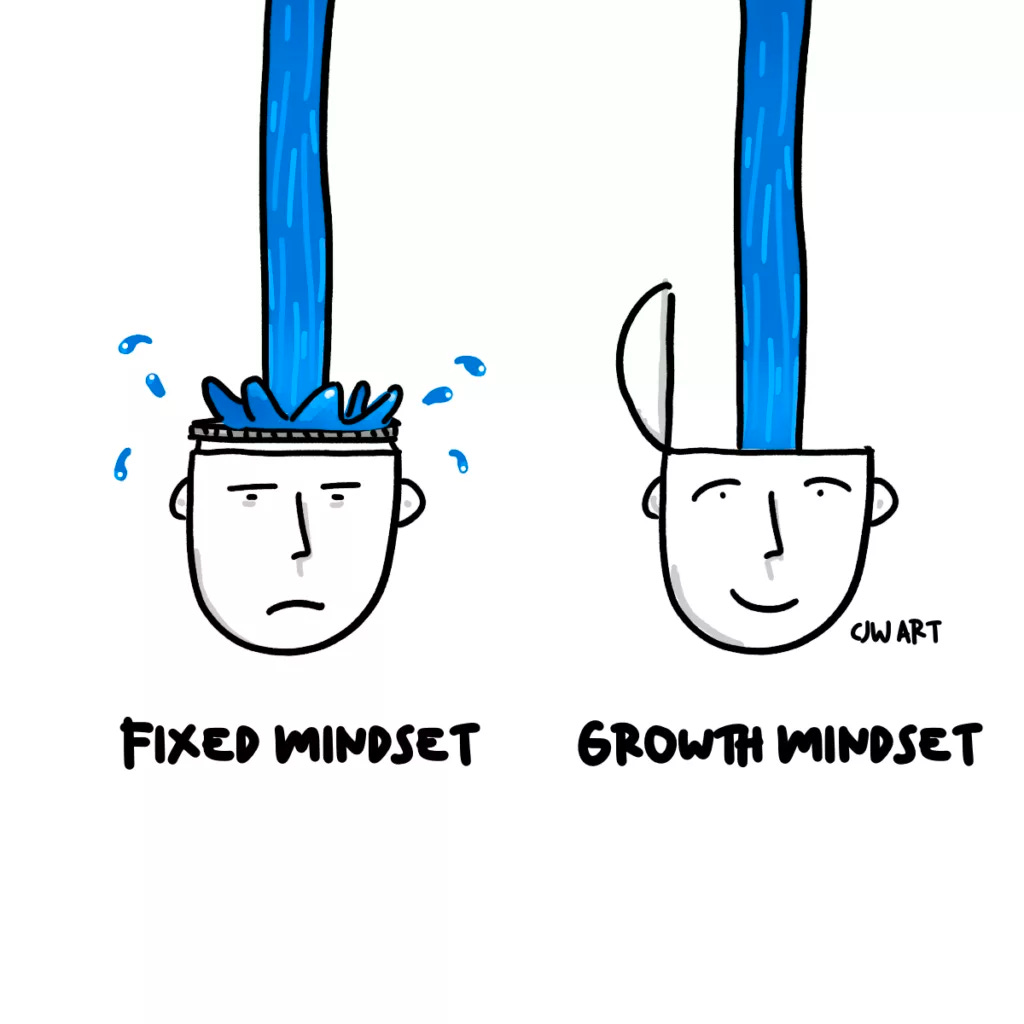
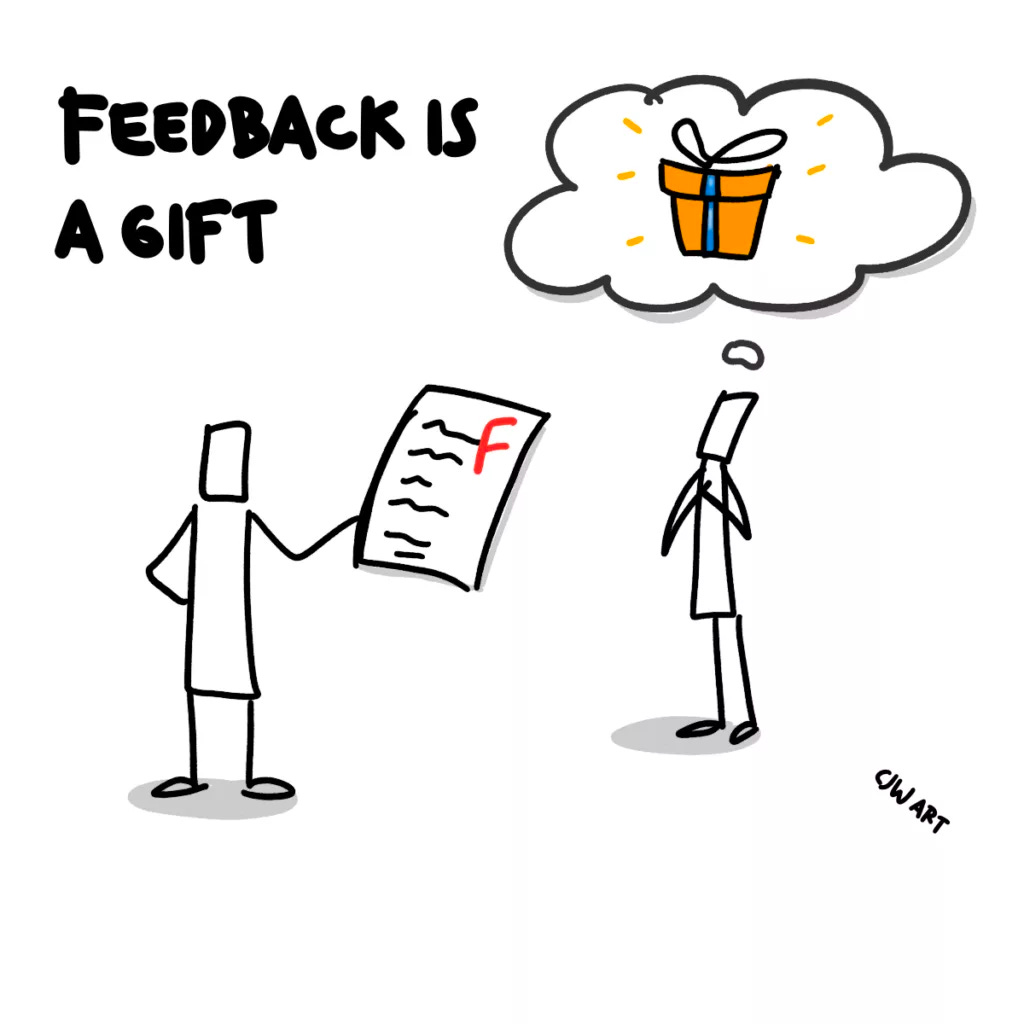
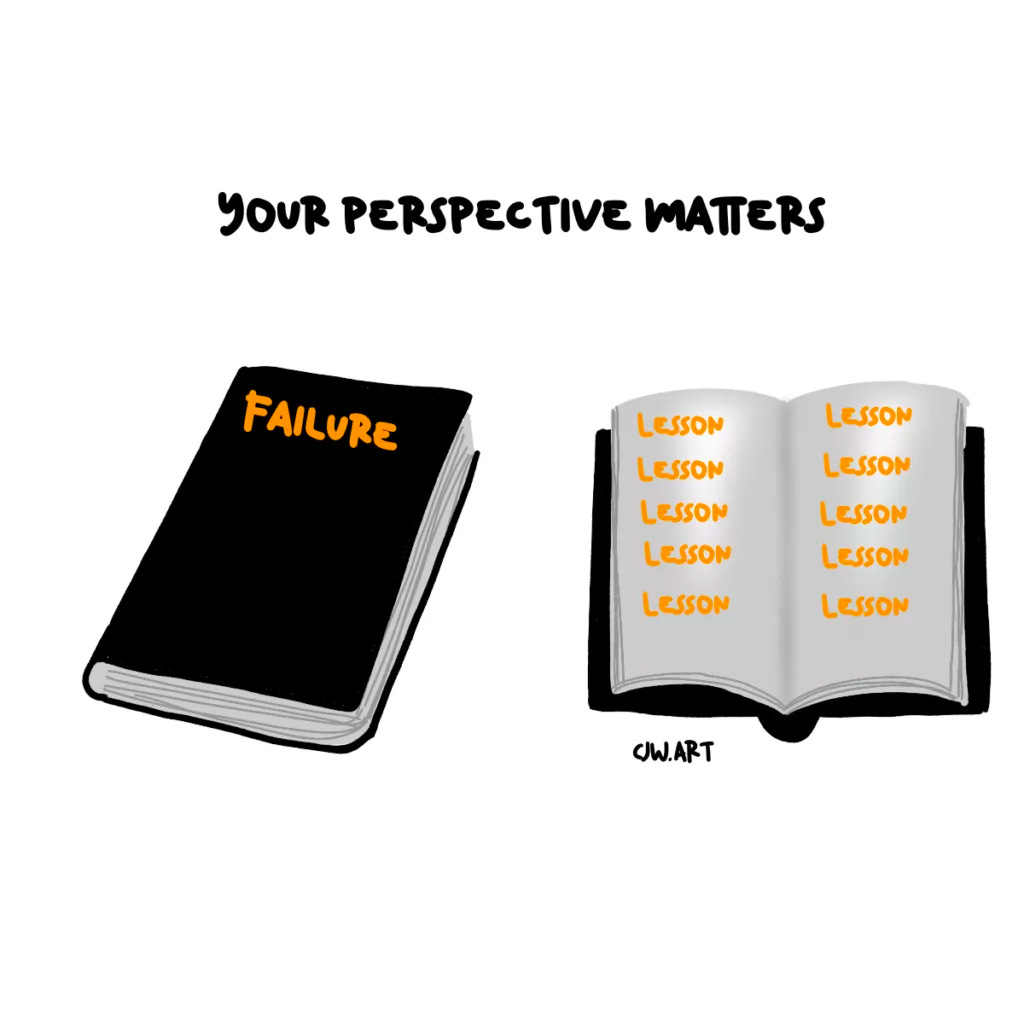
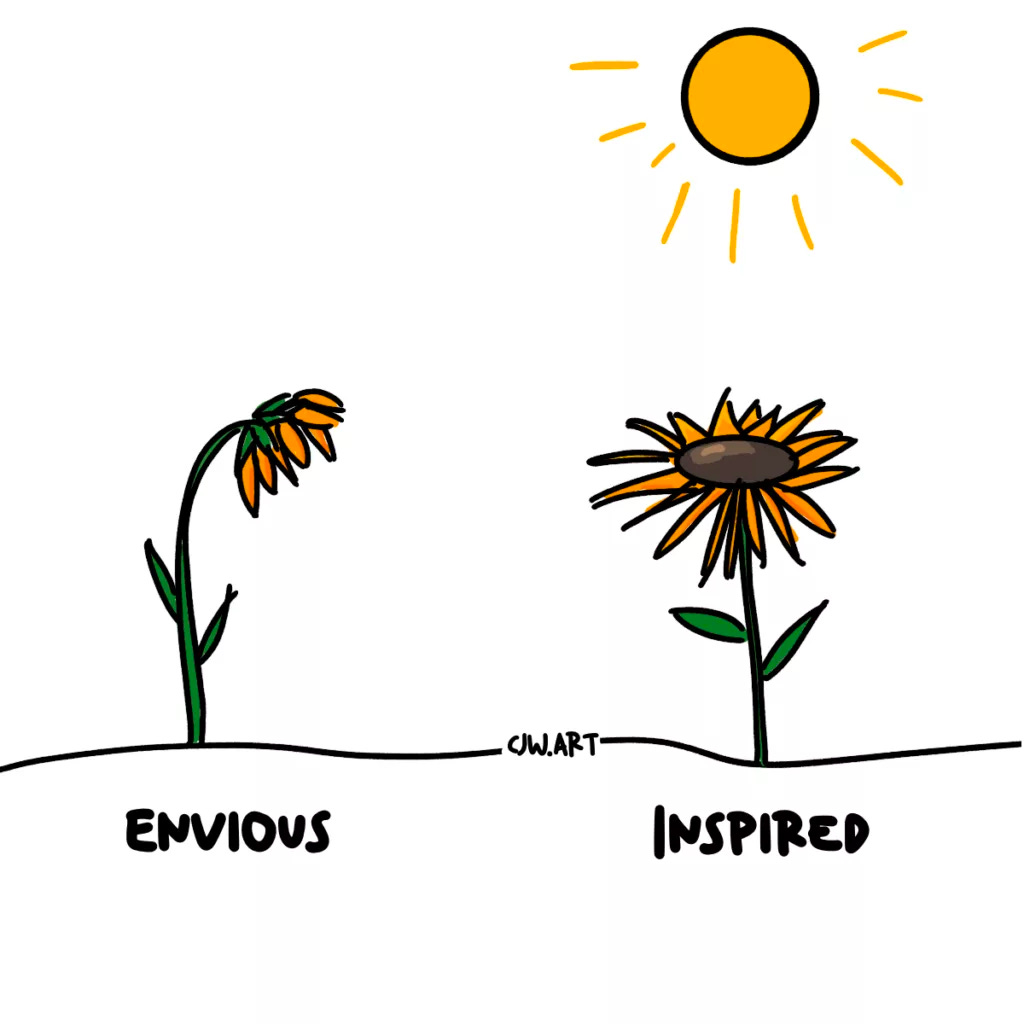
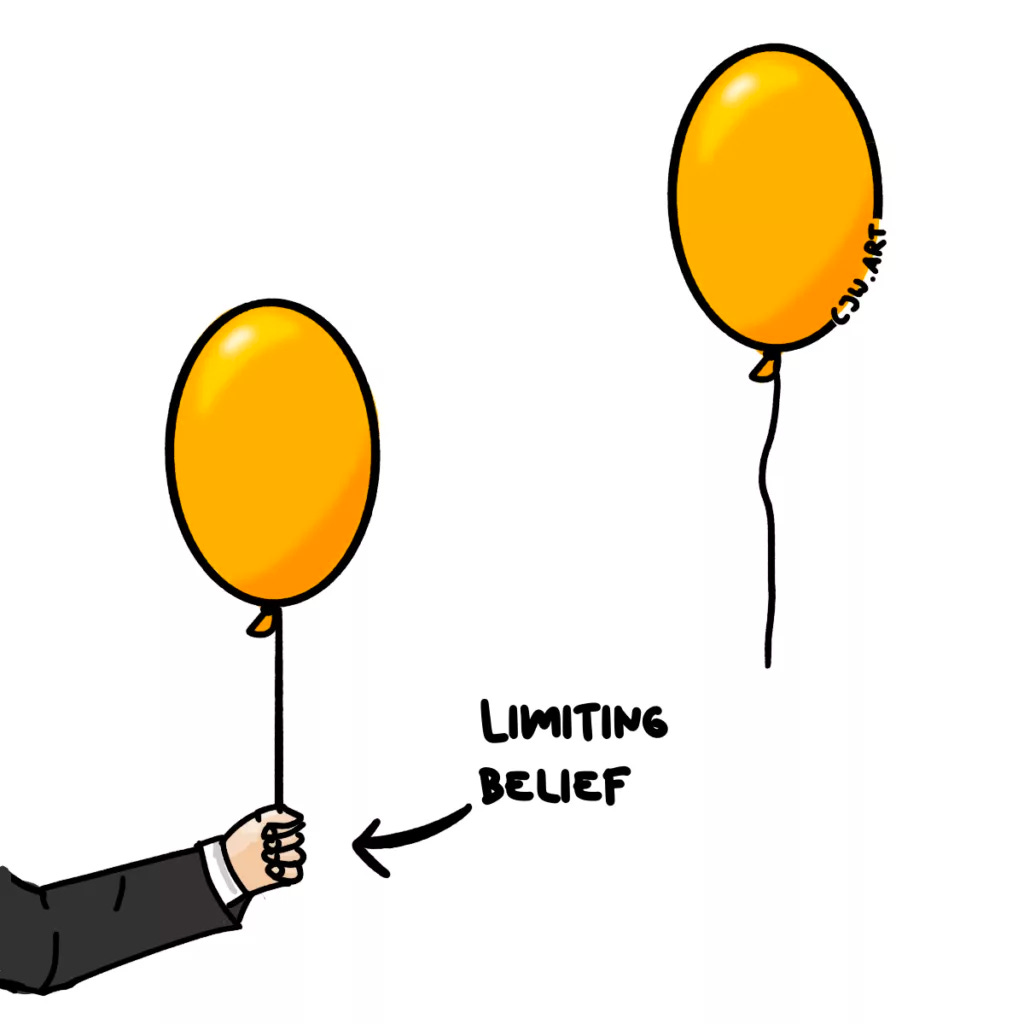
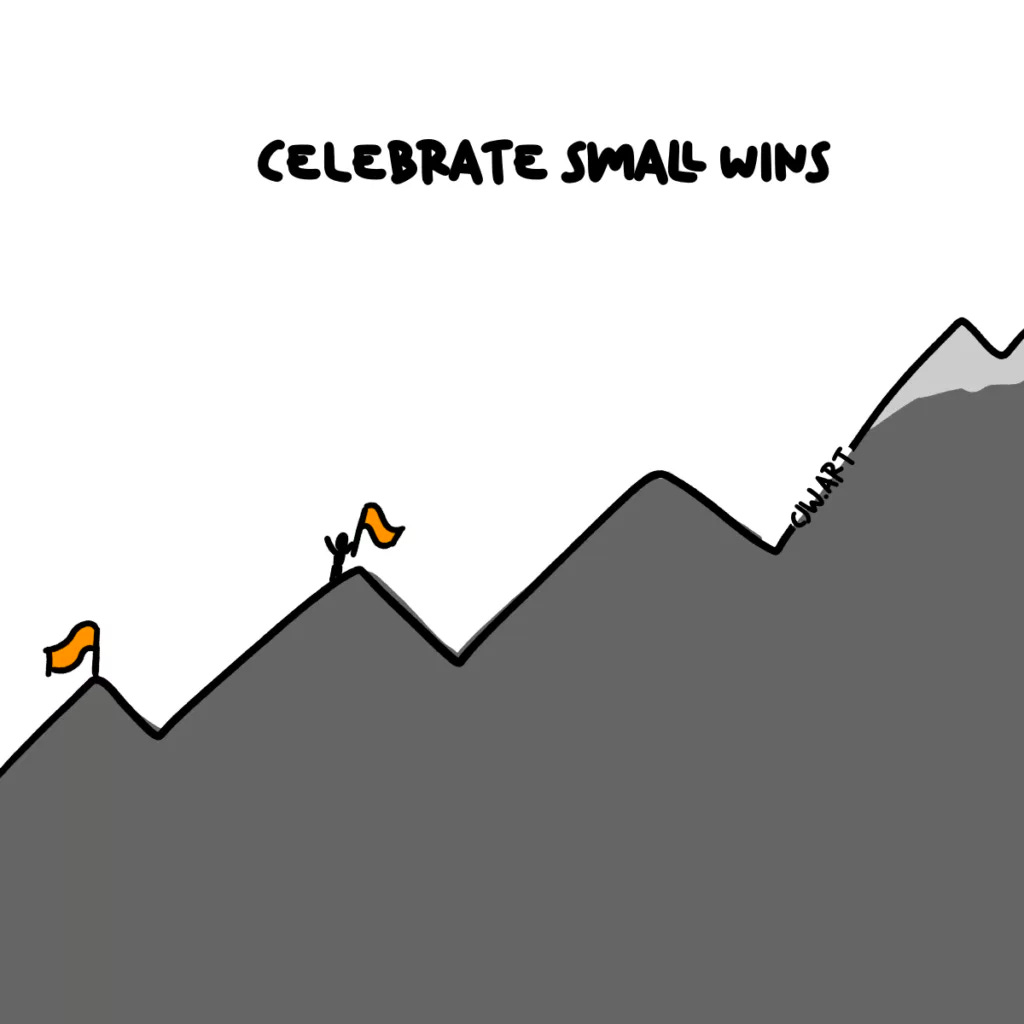
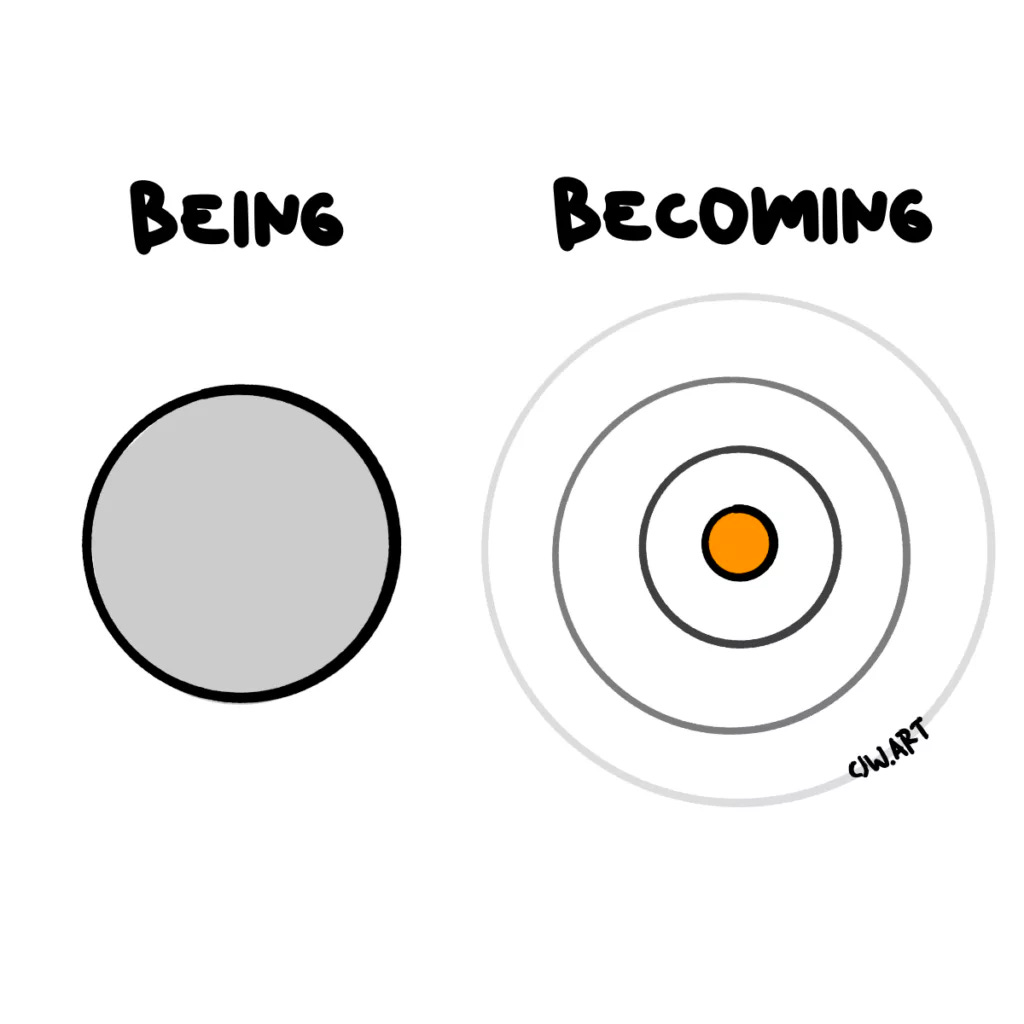



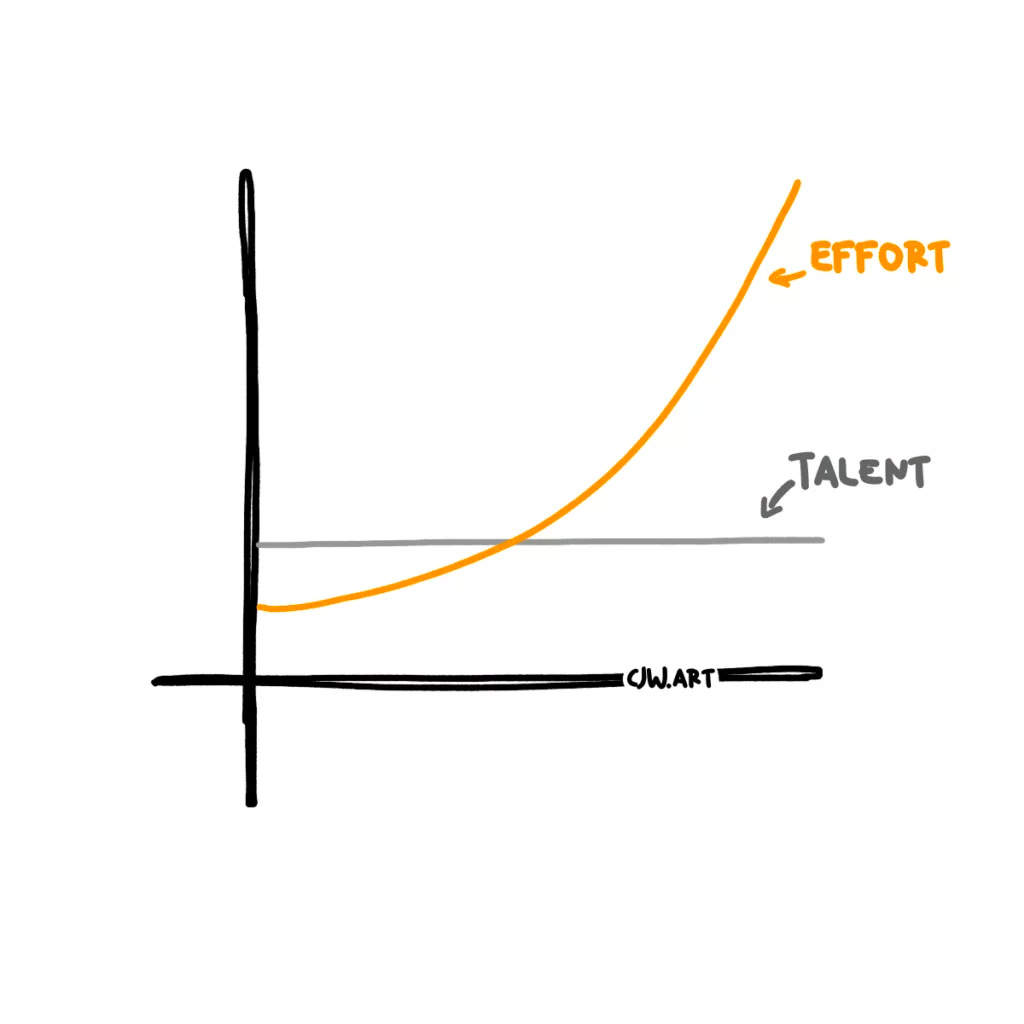
Your perspectives shape your life. When you are able to challenge your limiting beliefs, you will discover how easy it is to win.
Awesome graphic!